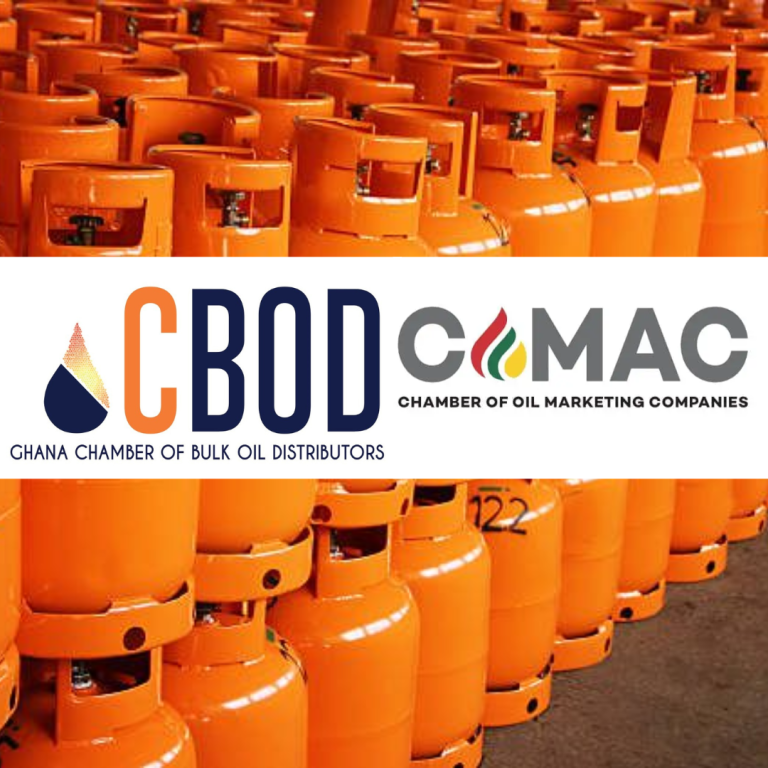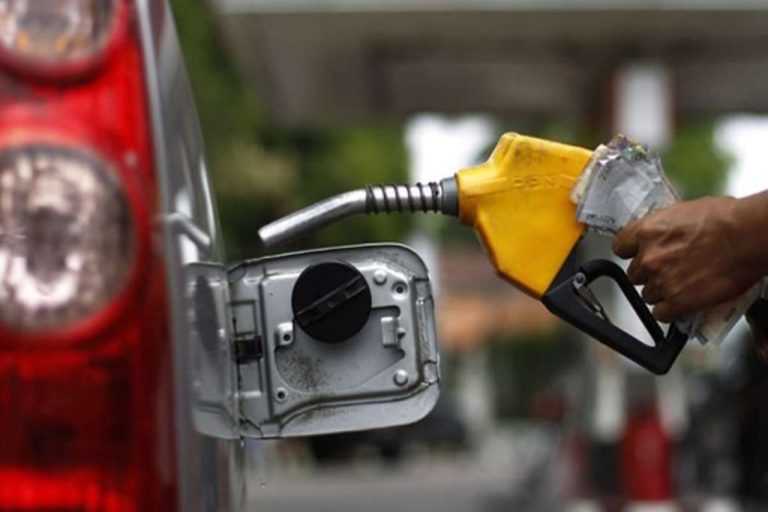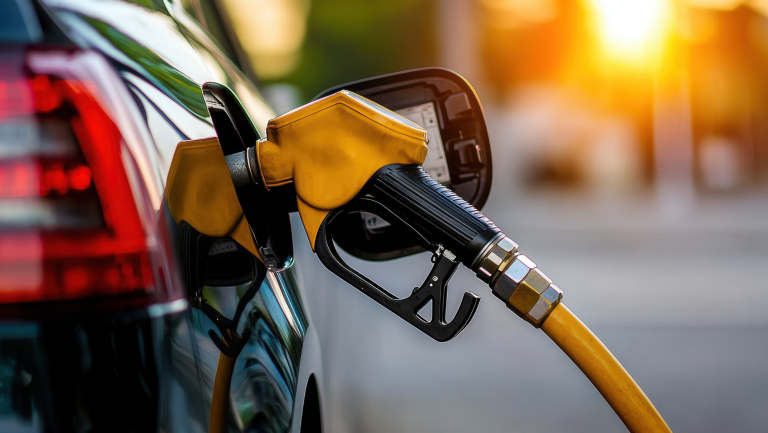The Chief Executive Officer of the Chamber of Bulk Oil Distributors, Senyo Hosi has disclosed that revising the standards of imported diesel from 3,000 parts per million(ppm) to 10 ppm will result in a 1 percent increase in the cost of the commodity.
A recent study conducted by Swiss NGO Eagle Eye , in collaboration with ACEP revealed that imported diesel from Europe to African countries including Ghana had sulphur level higher than 1,500 ppm, which is 150 times the European limit of 10 ppm, hence harmful.
There have been calls to improve the standard to the European level after the research.
Speaking to Citi Business News, Mr. Hosi explained that the increase in the cost is insignificant , hence could be absorbed by the international suppliers of the commodity.
According to him, the chamber has commenced some preliminary assessment to calculate the impact on price, and from the indication, the net effect in price change will be insignificant.
“The 10ppm European standard is possible, we have practically done with some estimation that will show that it will come at no material incremental cost,” he said.
He explained that though initial projection indicated a 10 percent increase, the assessment of the chamber recently rather points to just a one percent increase.
“ As at now we are battling with just some increment because we are doing some net-offs though we indicated 10 percent, I think we should be about a percent increase in price that I think practically will be absorbed by the trade, that is the international suppliers because of competition. So that we will rather absorb it so that we can move more volumes in Ghana than pass it on to consumers,” he stressed.
Dirty fuel dumped in Ghana
The three-year study conducted by Public Eye,revealed that more than two-thirds of the diesel samples (17 out of 25) had a sulphur level higher than 1,500 parts per million (ppm), which is 150 times the European limit of 10 ppm. Ghana’s sulphur content standard is pegged at 3,000 ppm..
The research found Ghana’s diesels products imported by Trafigura and Vitol to contain between 2,410 and 2,730 ppm, which is lower than the acceptable Ghana Standards Authority (GSA) limits but much higher than the 10 ppm European standard.
According to the report titled: “Dirty Diesel,” differences between national fuel quality regulations offered the opportunity for companies to profit from a form of regulatory arbitrage.
While the practice of blending fuel for profit is an acceptable industry practice, it is within the law of the countries where the products are exported to, that it is the result of “regulatory arbitrage” that allows traders and fuel companies to dump cheap, dirty fuels at the expense of the health of the consuming public in Africa.
United Nations trade statistics show that the Amsterdam–Rotterdam–Antwerp oil route accounted for around 50 per cent of the declared volume of petroleum products delivered to West Africa in 2014.
The National Petroleum Authority data indicate that Ghana as of June this year, imported 1,881,350,944 metric tonnes of diesel worth more than US$1.1 billion.
–
Source: Citifmonline.com





